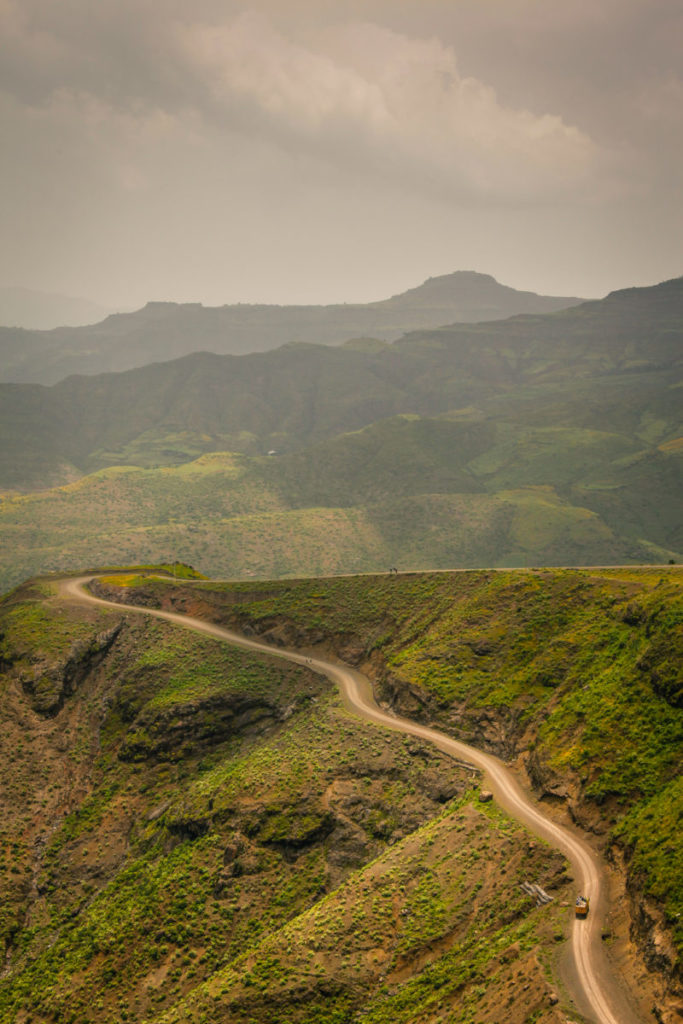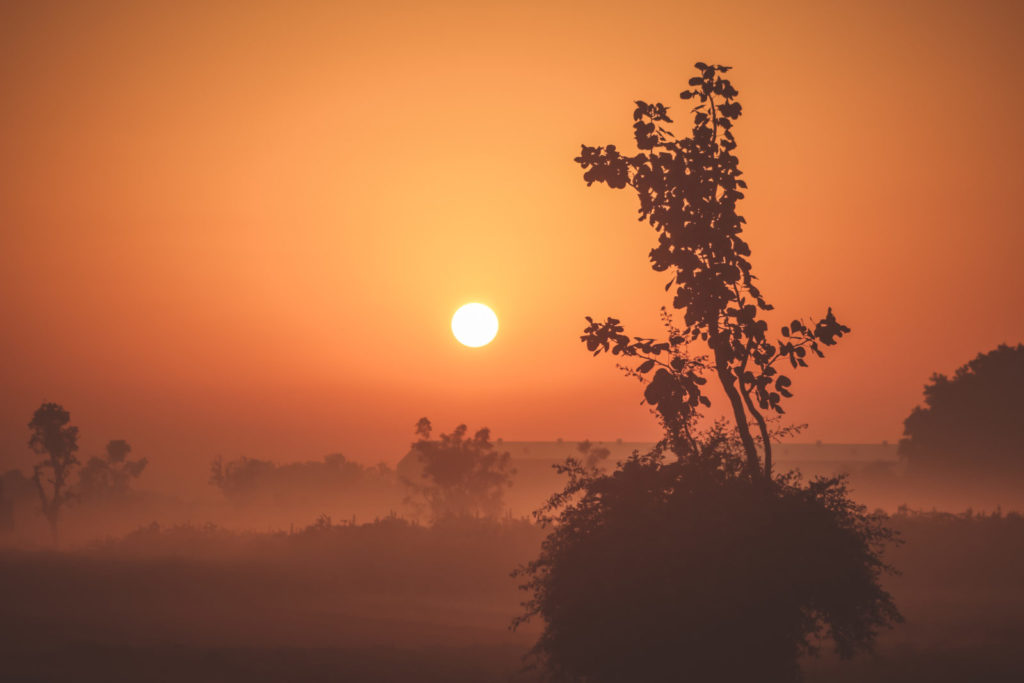ARTICOLO PUBBLICATO SU SOCIALNEWS.IT il 10 maggio 2019
Ci fu una vera e propria corsa all’Africa, che vide tra i principali protagonisti la Francia, il Belgio, la Gran Bretagna e il Portogallo. Ancora oggi dopo le numerose guerre che hanno insanguinato il continente africano, dopo l’apartheid e dopo i difficili processi di decolonizzazione, l’Africa torna a essere l’oggetto del desiderioper molte nazioni.
Chi già da tempo ha rivolto l’attenzione, e non solo, sul continente nero sono la Turchia, l’India, il Brasile, la Russia e, soprattutto, la Cina (BRICST). Oggi come allora, l’Africa rappresenta una miniera di risorse geologiche e la sua bassa posizione, dal punto di vista economico e non, le permetterà di avere tassi di crescita fortissimi. Se all’epoca gli unici protagonisti del continente africano erano gli europei, oggi siamo in presenza di tanti attori che hanno portato allo sviluppo e alla nascita di un mondo multipolare complicando gli equilibri geopolitici soprattutto a discapito delle potenze medie.
Il presidente turco Erdogan ha sempre rivolto particolare attenzione all’Africa. E’ il 2008 quando l’Unione Africana riconosce il governo di Ankara come partner strategico. Inoltre, nello stesso anno si è tenuto anche il primo Vertice di Cooperazione Turchia-Africa nel corso del quale si sono stabilite consultazioni regolari tra i rappresentati di alto livello dei due stati. Questo e altri incontri hanno incrementato ulteriormente il commercio tra le due aree, soprattutto a vantaggio della Turchia.
Le importazioni dei prodotti africani riguardano materiali preziosi come oro, minerali e alcune materie prime come cotone, legname e cuoio. Tuttavia, la decisone di rivolgersi al continente nero deriva anche da un aspetto religioso. Il presidente Erdogan, infatti, ha deciso di porre l’attenzione soprattutto sui paesi africani con una forte presenza sunnita, dal momento che ambisce a diventare la guida di questa parte del mondo mussulmano.
Grazie alla veloce crescita economia degli ultimi anni, l’India ha compiuto importanti scelte soprattutto in termini di politica estera. Scelte che l’hanno portata a investire anche nei territori africani. La presenza indiana in Africa, infatti, è in continua crescita, ma nonostante tutto è discreta, basata soprattutto sul consolidamento delle posizioni e dei risultati ottenuti. Inoltre il governo indiano, grazie agli accordi con gli stati africani, cerca di ottenere maggior rilevanza nei rapporti internazionali.
Per quanto riguarda il Brasile invece è possibile affermare che già durante la presidenza di Lula il baricentro delle relazioni internazionali brasiliane si era spostato verso l’Africa. Il presidente vide nel continente nero un ottimo destinatario per la sua politica di diversificazione delle esportazioni e di internazionalizzazione delle imprese. Le relazioni tra i due continenti continuarono anche durante la presidenza di Rousseff. E’ infatti durante gli anni del suo mandato che il Brasile cancella 900milioni di dollari di debito nei confronti di dodici Paesi africani. Siccome non siamo in presenza di pura filantropia, alla cancellazione dei vari debiti sono seguiti nuovi e consistenti investimenti nel continente africano, soprattutto nel settore delle infrastrutture e dell’industria petrolifera.

Chi di certo non è stato a guardare in questi anni è la Cina. L’Impero di Mezzo, dal 2009 ad oggi, ha investito nel continente nero 125 miliardi. A differenza dei paesi occidentali che investono prevalentemente sulla cooperazione e sullo sviluppo, il governo di Pechino predilige progetti tangibili come strade, ferrovie, palazzi. Queste opere sono tutte finanziate con prestiti cinesi e in caso di mancato pagamento il paese è costretto a cedere l’infrastruttura. Ecco che s’innesca la cosiddetta “trappola del debito”, un circolo vizioso che se gestito nella maniera sbagliata rischia di generare una vera e propria crisi politica. A tal proposito significativo è il caso dello Sri Lanka, che ha dovuto cedere a Pechino il controllo del porto di Hambantota a causa del mancato pagamento del debito.
L’economia cinese è in forte espansione per questo motivo necessita di materie prime. L’Impero di Mezzo ha costruito in Etiopia un gasdotto, lungo 700km, che arriva fino al porto di Gibuti dove Pechino ha già una base militare. Inoltre il governo cinese ha deciso di impossessarsi della compagnia nazionale dell’elettricità Zesco, in Zambia, poiché il paese non è in grado di saldare il debito di 8miliardi di dollari con l’Impero di Mezzo. Le relazioni sino-africane hanno avuto e stanno avendo un rapido sviluppo grazie alla forte domanda cinese di materie prime e grazie anche alla necessità di infrastrutture da parte degli stati africani. I commerci e gli investimenti cinesi, in Africa, si focalizzano maggiormente su legname, agricoltura, rame, cobalto, tessile, pesca, platino, ferro, settore militare ed energia.
Tuttavia, l’interesse di Pechino nei confronti del continente nero è soprattutto geostrategico. L’Africa infatti rappresenta per la Cina l’apertura verso nuovi mercati e, di conseguenza, una grande opportunità per espandere la Via della Seta, non soltanto terrestre ma anche marittima. L’ambizioso progetto del presidente cinese Xi Jinping prevede il collegamento tra i porti meridionali della Cina e il porto di Gibuti (Corno d’Africa), grazie al quale, attraverso il Mar Rosso e il Canale di Suez, la Cina approderebbe nel Mediterraneo.
C’è un altro motivo che spiega l’interesse geopolitco della Cina nei confronti dell’Africa. Gli stati africani rappresentano un terzo dei membri dell’Onu e se Pechino riuscisse a portarli nella sua sfera di influenza acquisirebbe, a livello mondiale, un potere politico enorme.
Chi non poteva rimanere escluso da questa nuova conquista del continente africano è la Russia di Putin che ha concentrato l’attenzione sull’Africa Centrale, sul Corno e sul Nord Africa. Mosca ha deciso, dopo aver cancellato i debiti d’epoca sovietica con gli stati africani, di fornire armi e sostegno militare al fine di ottenere contratti per esplorare e sfruttare giacimenti ricchi di risorse minerarie. La società pubblica russa Rosatom (le cui attività coprono tutti i campi del nucleare) già da tempo sta sfruttando le miniere di uranio in Tanzania e in Namibia. Mosca inoltre si è fatta strada anche nello sfruttamento della miniera di platino in Zimbabwe.

Inoltre il crescente interesse della Russia nei confronti del continente africano deriva dal desiderio di avere un ruolo da protagonista nei territori del Nord Africa e del Medio Oriente, al fine di aumentare il proprio potere e la propria influenza nel Mediterraneo.
In questo panorama multipolare non poteva mancare la ricca Arabia Saudita che, all’inizio di quest’anno, ha annunciato investimenti per 10 miliardi di dollari, prevalentemente nel settore degli idrocarburi, in Sudafrica. Il ministro dell’energia Saudita ha dichiarato che l’Arabia Saudita costruirà una raffineria di petrolio e un impianto petrolchimico. Inoltre, il governo di Riyad è interessato anche alle principali strutture di stoccaggio di petrolio del paese e, come se non bastasse, vuole investire nel nuovo programma di energia rinnovabile. L’Arabia Saudita guarda con particolare attenzione anche al Corno d’Africa. Dopo aver ricoperto un ruolo chiave nell’accordo di pace tra Eritrea ed Etiopia, Riyad, come altri paesi, ambisce al controllo di un’area in cui si trova una delle vie marittime più importanti al mondo.
Mediterraneo, risorse, potenza globale. Queste sono le tre parole chiave attorno a cui vertono e si sviluppano gli interessi degli stati che hanno investito e stanno investendo in Africa. La molteplicità di attori che hanno rivolto l’attenzione al continente nero rende il panorama geopolitico estremamente complesso. Gli interessi degli stati, accompagnati dai giochi di potere, dalla corruzione e dallo sfruttamento rischiano di annientare il futuro dell’Africa.
L’ombra di quella che possiamo definire una nuova forma di colonialismo incombe sempre di più sul continente nero, che attraverso diversi accordi ha legato e sta legando il suo destino a quello di altri stati. L’Africa è diventata la terra promessa per tutti quei paesi che vedono in questo continente il trampolino di lancio per la conquista del titolo di potenza mondiale. E anche oggi come allora possiamo dire che la corsa all’Africa è di nuovo aperta.